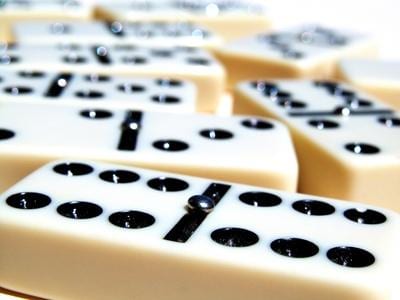The best family games vary depending upon the location, the ages of your children, the number of people in your family and the moment. In general, competitive sports and win-or-lose games do not fare well with families, where the ages and skills of different family members have too wide a range. Favorite family games often integrate some humor or creativity into the play, be it with music, song, jokes, costumes or nonsensical rules.
Types
Board games such as Sorry or Chutes and Ladders work well because they do not require following too many rules and rely more on chance than on strategy. Card games such as Go Fish and Uno are classics. Circle games include Duck Duck Goose, the Hokey Pokey and the Farmer in the Dell. Tag remains a perennial favorite, and you can adapt it to different group sizes and locations. Classics such as Red Light Green Light, charades, Mother May I and hide-and-seek entertain people of all ages.
Function
Family games should not focus on who wins and who loses, nor should they eliminate people early on. No one should have to wait a long time for a very brief turn. Keep the pace lively and the spirit upbeat by tossing in extra balls into a kickball game, using wet sponges during a relay race, playing silly songs during musical chairs and not keeping score.
Time Frame
No matter how popular the game, most family games have a life span of under an hour. Keep children interested in an extended game by varying the play, such as having everyone team up against the adults or rolling three dice instead of two.
Misconceptions
Although some favorite games such as pingpong, croquet, badminton and Frisbee require equipment, many of the best games demand nothing other than your imagination. Play Sing Down, in which one person names a topic and everyone must sing a few lyrics of a song about the topic. Try Elmo Says instead of Simon Says, or empty the living room for a giant family pillow fight.
Considerations
Keep family fun time interesting by varying the types of activities you do. Balance structured games, brain teasers, puzzles, educational games and rules-oriented games with more open-ended, creative activities such as building blanket forts, stacking blocks, tossing rolled-up socks into the laundry basket or pretending the living room floor is hot lava.
Photo Credit
- game image by Jo??o Freitas from Fotolia.com





